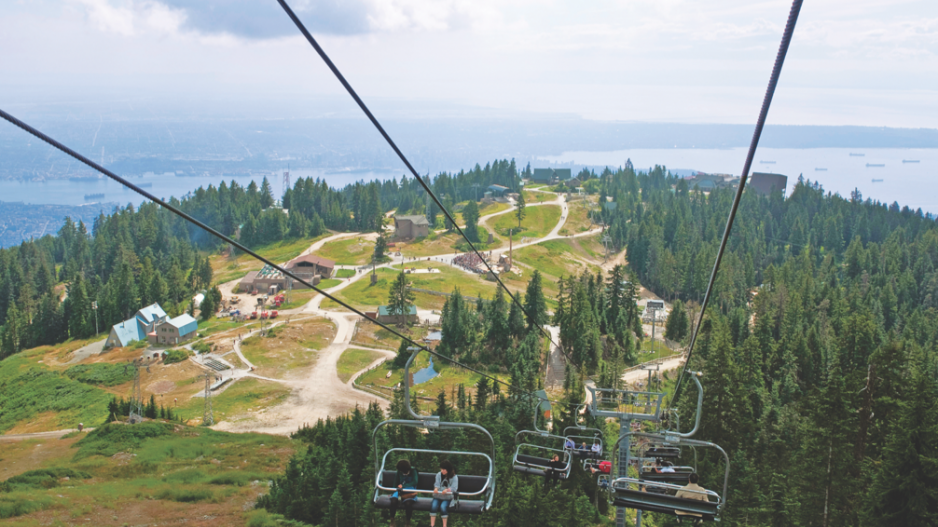The flurry of recent sales for B.C. ski resorts is not necessarily a sign that there are more transactions to come, according to industry insiders.
Grouse Mountain Resort’s July 18 sale to CM (Canada) Asset Management Co. Ltd., after the property was marketed for $200 million, followed the sale of Cypress Mountain as part of a US$374.5 million package deal earlier this year and Whistler Blackcomb Holdings Inc.’s $1.4 billion sale to Vail Resorts Inc. (NYSE:MTN), which closed last October.
“Each situation is actually quite different in the rationale, or reasoning, behind the transaction, and ultimately the ownership and purchasing decisions were different as well,” said Dave Brownlie, who left his job as CEO of Whistler Blackcomb on July 14.
He said the sales show that B.C. ski resorts are attractive to foreign investors, who are increasingly seeking to diversify assets around the world.
Retired ski industry entrepreneur and Sun Peaks Mayor Al Raine agreed but said he does not expect any other B.C. resorts to put up “for sale” signs any time soon.
“A lot of what is happening relates to Vancouver and the robust economy and [real estate] activity levels in Vancouver,” Raine said.
“When you get to Sun Peaks and the Okanagan resorts and even the Kootenays resorts, I think that they’re not under the same pressure [to sell].”
Raine said Whistler Blackcomb is among the world’s top six busiest year-round resorts, and that this, along with other advantages that Vail gained by buying that resort, made the deal feasible.
CNL Financial Group’s decision to sell all 14 of its ski resorts, including a lease from the B.C. government for most of the 240 hectares of skiable terrain at Cypress Mountain, to a branch of hedge fund Och-Ziff Capital Management Group LLC for US$374.5 million came after CNL divested many other assets and was driven by CNL wanting to provide liquidity for shareholders.
The sublease that Boyne Resorts uses to operate Cypress Mountain simply changed hands and Boyne’s rent cheques now are sent to Och-Ziff instead of CNL, Bobby Swain told Business in Vancouver.
Swain was president and general manager at Cypress for 33 years before retiring in May in a move that he said was unrelated to the mountain’s ownership change.
Grouse Mountain differs from both Whistler Blackcomb and Cypress Mountain in that its assets include more than 1,200 acres of privately held land, which the McLaughlin family had owned since the late 1980s, when Stuart McLaughlin led an initiative to privatize a troubled publicly listed company that his father, Bruce McLaughlin, had invested in.
Neither McLaughlin nor anyone from CM (Canada) Asset Management was available to speak with BIV,but Raine suggested that the chance to own real estate so close to Vancouver was undoubtedly enticing to the buyers.
“I could see somebody saying, ‘Hey, Vancouver is having less and less room. You’ve got to go vertical up the mountain slopes [with future housing],” he said.
Brownlie added the additional caveat that the series of sales may be a sign of hyperactivity in the real estate market.
“It could be that we’re coming to a peak in valuations in housing prices, commercial assets and property,” he said. “Maybe this is another sign.” •




